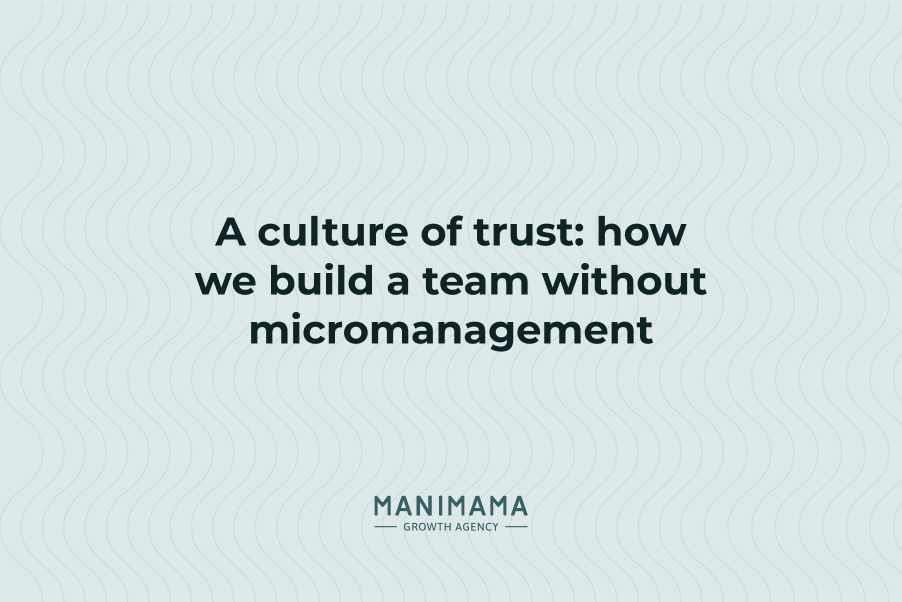The business world is changing fast. Once, HR was viewed as an administrative function — handling documents, managing vacations, and facilitating onboarding. Today, this role has become strategic. HR is no longer just about people; it’s about the business that grows through people.
This shift — from “personnel department” to “profit partner” — defines the modern value of HR.
HR as a business partner: a new reality
In the past, HR success was measured by the number of closed vacancies or the speed at which new hires adapted.
These metrics still matter, but they no longer define the role.
Real HR effectiveness is measured by the value the team brings to the company, including profit, stability, growth, and engagement.
HR must think like a business partner. This involves understanding financial goals, analyzing the costs of hiring and retention, and assessing how every role contributes to profit.
When HR becomes a strategic player, it stops just “filling positions.” It builds an ecosystem where every person understands how their work drives results.
At that moment, HR turns from a cost center into a profit center.
Caring for people as an investment
There’s a common misconception that business and humanity are mutually exclusive — that you either focus on profit or on people.
In reality, caring for people is the most efficient investment.
Teams that feel heard, confident in their roles, and supported in their growth perform better.
They are more loyal, proactive, and solution-oriented.
A satisfied employee is not just a moral advantage — it’s a measurable financial benefit: lower turnover, lower hiring costs, and higher productivity.
However, care must not become overprotection. HR must find a healthy balance between empathy and accountability.
Too much softness can reduce responsibility, while too much rigidity can destroy motivation.
The line between humanity and results
Being humane doesn’t mean saying yes to everything. It means being honest and respectful.
Being result-driven doesn’t mean being harsh. It involves setting clear expectations, establishing measurable goals, and maintaining transparent communication.
A strong HR professional doesn’t avoid difficult conversations. They’re not afraid to say, “This approach isn’t working,” or “We expected a different outcome.” But they do it from a position of partnership, not judgment.
At Manimama, we see that humanity and performance don’t conflict when there’s trust in the team.
When people feel heard, they are more likely to accept feedback.
When they see fairness, they are open to high standards.
Balance here isn’t compromise — it’s maturity.
HR that thinks like business, and business that respects the human side, become one united team.
How HR drives profit
Modern HR professionals must possess analytical thinking and a clear understanding of the company’s financial health.
Their goal is not only to hire but to measure efficiency:
- How quickly a newcomer becomes productive
- What is the real cost of retaining talent
- How learning impacts team performance
- Which processes slow down the results
When HR operates with ROI thinking, decisions become business-minded.
Every initiative — from bonus programs to internal training — gains a clear financial rationale.
At Manimama, we aren’t afraid to talk numbers. Because numbers show how HR creates real value.
But we also remember that behind every number stands a person.
The best decisions are those where numbers and people stay in balance.
HR as the architect of culture
Company culture is the invisible engine of performance. It either strengthens business or slows it down.
And HR is the architect of that culture.
When HR fosters an environment where initiative is encouraged and respect for others’ time and effort becomes the norm, business growth accelerates.
Care here isn’t about endless “team buildings.” It’s about having meaningful feedback systems, clear goals, recognition, and support during times of change.
A high-performance culture begins with a culture of trust.
And HR is the bridge that connects the human and the business sides.
Responsibility and partnership
In mature companies, HR sits at the same table as the leadership team.
Their voice matters in strategic decisions because they manage the most valuable asset — people.
This is where true partnership begins.
When HR understands the company’s goals and leadership sees HR as a driver of results, synergy emerges.
People find purpose in their work, and the company gains stability and growth.
Conclusion
Today, HR is not about comfort — it’s about growth.
Not about pleasing everyone — but about creating conditions where people and business move in the same direction.
It’s a role where empathy meets analytics, and care meets accountability.
At Manimama, we believe HR is not only about people — it’s about meaning, impact, and the future.
Because business without humanity is short-lived, and humanity without results is powerless.
The balance between these two forces is the true art of modern HR.
Contact information
Leave a request, and we will assemble not just candidates, but a team that will work toward a common goal.
If you want to become our client or partner, write to us at support@manimama.eu.
Or use our Telegram @ManimamaBot and we will respond to your request.
Join our Telegram to receive news in a convenient way: Manimama Legal Channel.




